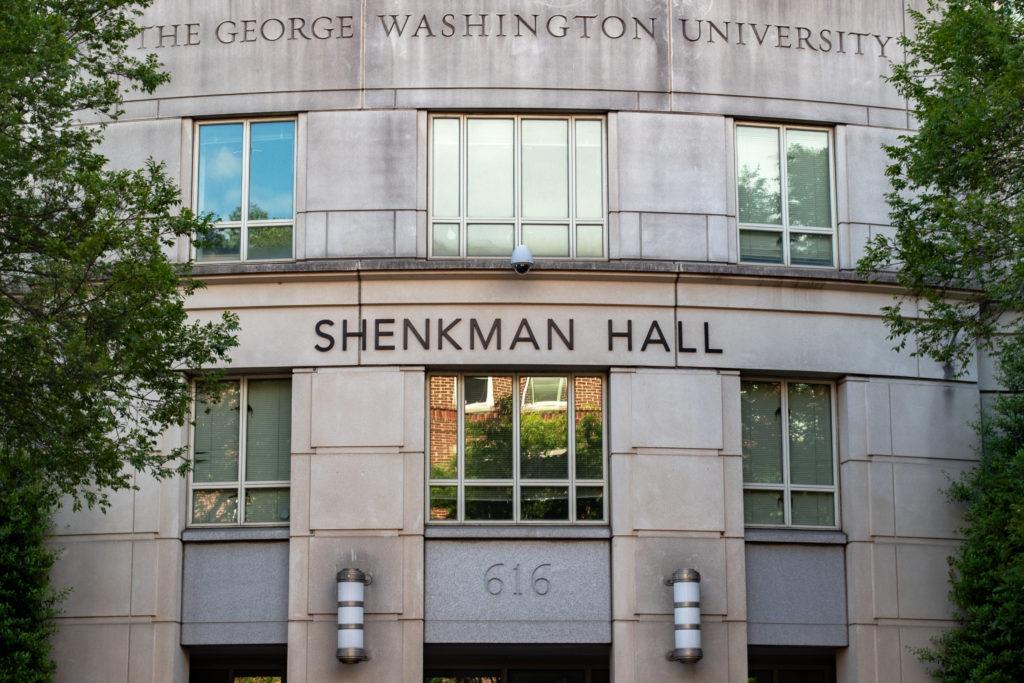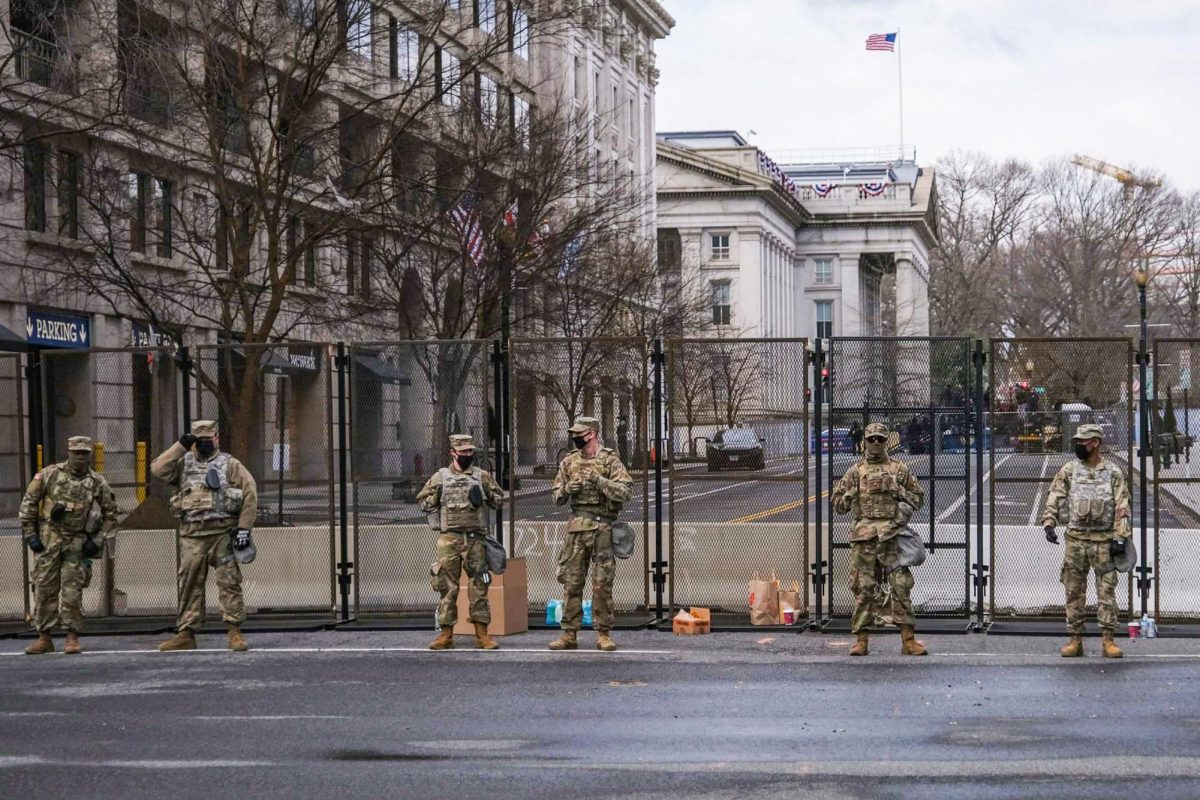Hundreds of students are looking to live off campus this fall despite administrators’ plans to open all residence halls for occupancy.
Officials said they approved at least 800 requests from rising sophomores and juniors asking for exemptions from on-campus housing requirements for the upcoming school year. Students who requested to live off campus said they plan to live in apartments in Foggy Bottom that offer looser COVID-19 restrictions and more space than GW’s residence halls.
Administrators typically require freshmen, sophomores and juniors to live on campus, but students can apply annually for exemptions to live off campus instead.
Assistant Dean of Campus Living and Residential Education Seth Weinshel said officials initially planned to only accept 650 rising juniors but ended up approving an additional 50 requests to accommodate students who currently have leases extending into the academic year.
“We understand this to be an unusual year or two because of the evolving pandemic,” Weinshel said in an email. “And since we do not want to negatively impact a student’s financial situation, we approved all rising juniors who demonstrated that they currently had a lease that extended well into next academic year.”
Officials received requests from 125 sophomores and approved 100 of them, which is “consistent” with non-pandemic years, Weinshel said. He said about 150 rising juniors currently remain on the exemption waitlist.
Sophomores who wish to live off campus must meet specific criteria and have their requests approved by the Division for Student Affairs while juniors are approved on a first-come, first-served basis.
Rising sophomores can request exemptions because of parental, marital, veteran or disabled status, permanent local residency or religious beliefs.
Officials have said campus will be open to the “fullest extent possible” this fall but have not yet released details about restrictions that may be in place.
The majority of students who lived in the District during the spring semester lived outside of residence halls in light of the pandemic, with about 2,300 living off campus and 1,500 residing on campus.
Sophomore Evan Rothkoff, who received an exemption last month, said he wanted to live off campus because of cheaper rates and increased space available with apartments.
“Instead of being in a 600 square foot box, I am in a 1500 square foot apartment for a hell of a lot cheaper than GW is,” Rothkoff said. “So it’s just the idea of wanting my own space, and I can do that easier than I could do it if I was at GW.”
The average rent for a single bedroom apartment in Foggy Bottom is $2,500 a month, a 7 percent decrease from last year, according to rental website Zumper.
Yearly housing rates for the next school year, not including dining, range from $11,610 in a two-person studio apartment in The Aston, which is limited to juniors and seniors, to $16,400 in a two-bedroom, four-person unit in District House.
Some rising juniors said they struggled with website connection issues while attempting to apply for exemptions, which they blamed on overload problems as hundreds of students filled out the application simultaneously. Officials said in an email to students shortly after the start of the exemption process that the increased web traffic with more student applicants than expected caused “minor delays” while the system processed the requests.
Rothkoff said he waited more than an hour for the website to properly submit his application for an exemption, but he could eventually submit his application and received approval for his request minutes later.
Sophomore Isabel Balderson said she completed the application process in a matter of minutes. Balderson, who recently renewed a lease on a Foggy Bottom apartment for next year, said she shares her unit with two other students and requested a residency exemption after finding that her current lease is more affordable for her than a residence hall unit.
“The biggest factor was just price,” Balderson said. “We found out that we would be saving money by just keeping our apartment rather than living in dorms.”
She said she wanted to live off campus to have more freedom from the University’s COVID-19 restrictions, which officials have started loosening this past semester. Administrators started allowing groups of up to 50 people to gather outdoors last week and permitted students to have one campus cohort guest in their room in early March.
“I assume there’s still going to be limitations on on-campus housing stuff, like hanging out in other dorms that you’re not living in and the amount of people you can live with,” she said. “At the apartment there’s more freedom, so I guess there’s not too many benefits to living on campus.”
Sophomore Sophia Gallant said while her off-campus apartment and on-campus residences are similar in price, she was attracted to live off campus by the added amenities in an apartment and the ability to live with her friends.
“If I’m going to pay almost $8,000, $9,000 a semester to live somewhere – whether it’s on campus or off campus – I would prefer to have a porch to go sit on or a gym in the building or a washer-dryer in my room,” she said.








